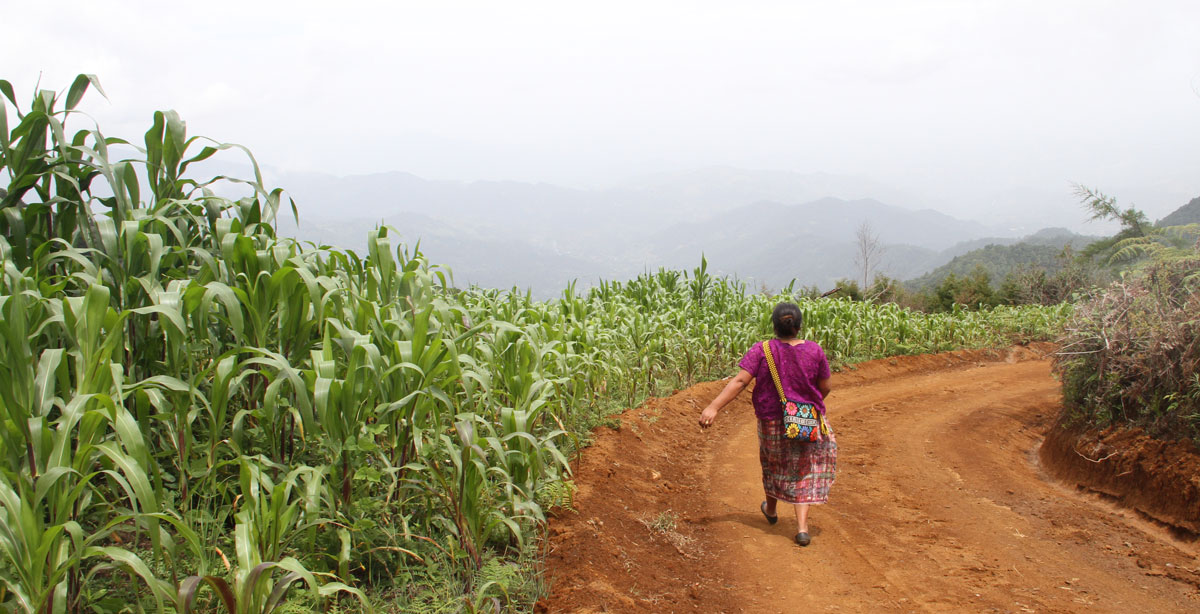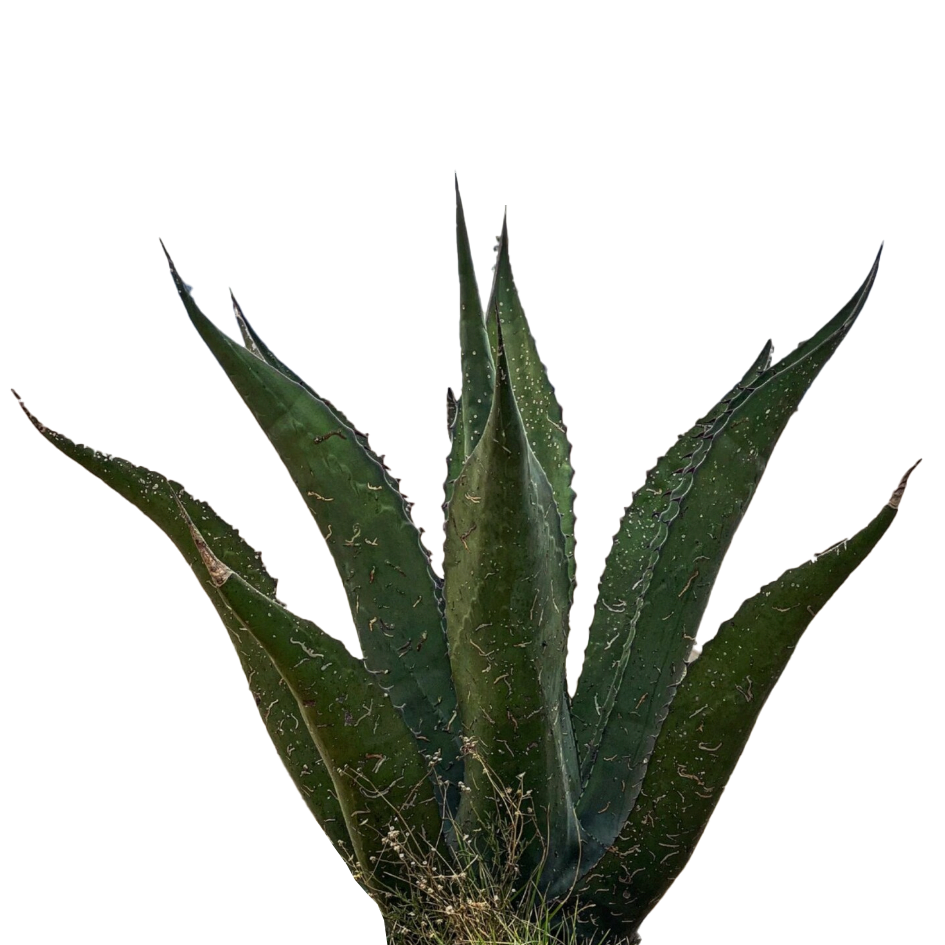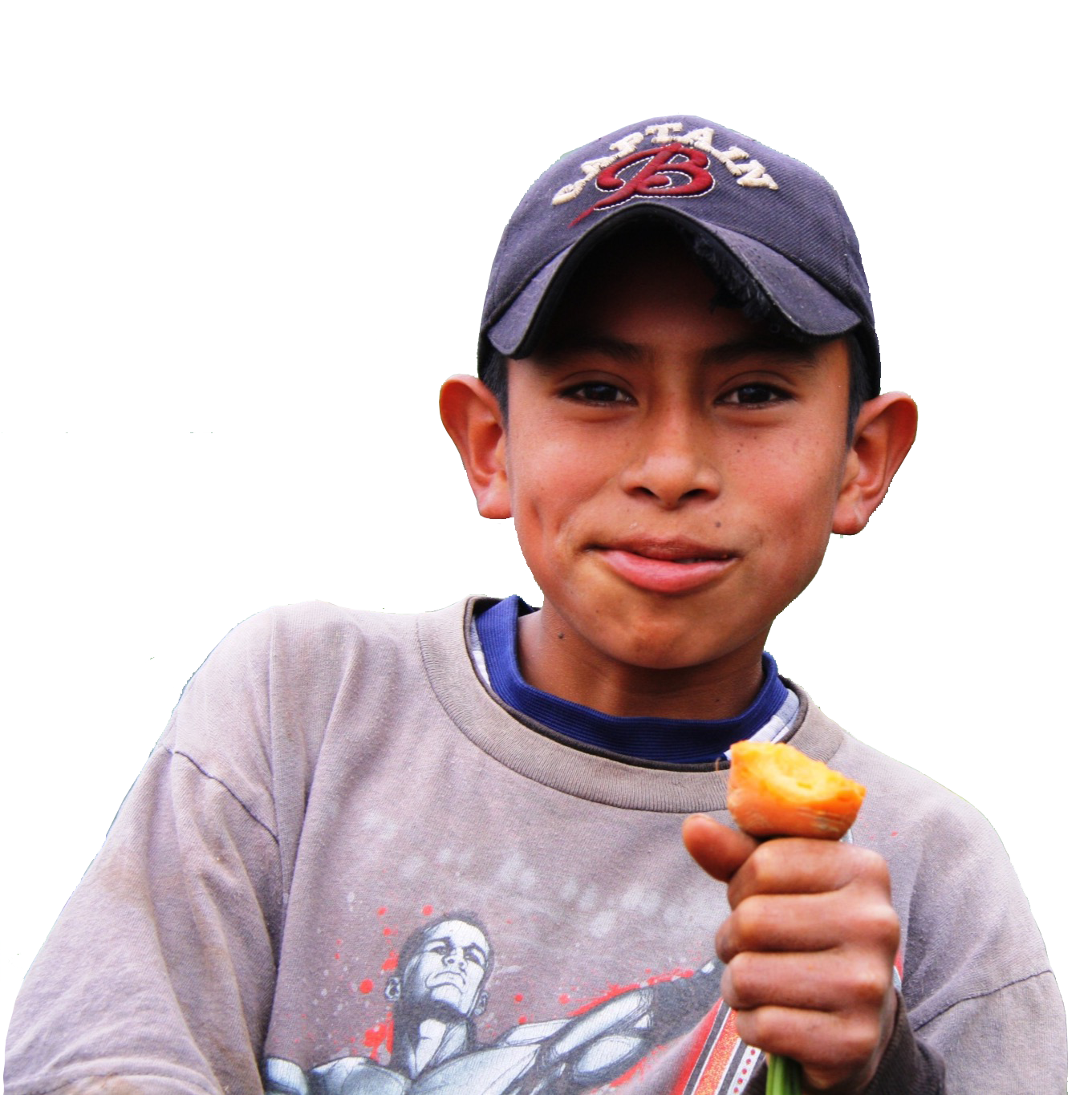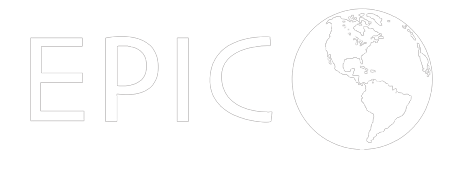
devoted to solving global challenges of poverty, food insecurity,
environmental degradation, health inequity,
human rights, and peacemaking


EPIC and our partners set goals in all our programs to measure our success. Sustainable development can be slow but when it is done right, poco a poco, we do see positive changes. The communities where we work need to see this change. Are the farmers seeing bigger yields? Is there more food at the table? Are health outcomes improving? Can young people remain in their communities and avoid immigrating up north?
The real strength of our organization lies in our local project leadership. We encourage young people to step into roles with more responsibility to continue building this valuable local capacity. This can reach beyond communities into other neighboring communities and even to other countries. What began in 20111, as a farmer-to-farmer exchange between Honduras and Guatemala, has grown into a 4-country learning network.

Please note that EPIC is unable to accept solicitations for grants.

